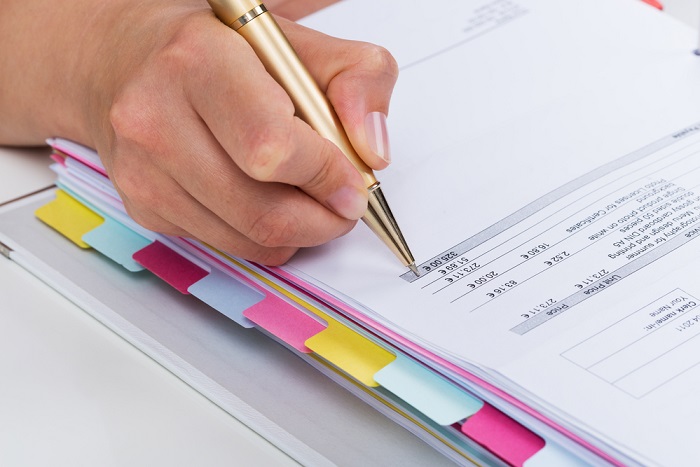
Merely hearing the word “audit” can cause a small business owner to feel a little short of breath. Nobody wants to deal with an audit, especially someone responsible for overseeing the entirety of a business. Because of that, knowing what leads to an audit and how to prevent it is crucial. When it comes to small business accounting, have someone in your corner can prevent this dreaded issue, which we’ll talk more about below.
Watch Out for Hidden Income
If the IRS decides that you might be hiding money, you are likely to become a target for an audit. Depending on what kind of business you operate, you may find that most of your revenue comes through in cash. While it might seem very tempting not to list this on your income statements, the IRS is not very forgiving about it. Even the suspicion that this is occurring will lead to an audit. Having a CPA company working with you can help prevent making these mistakes.
Don’t Mix Personal and Business Expenses
Another cause of an audit with small business accounting is mixing up your business expenses with your personal ones. If you head off on a trip for fun with the family, this isn’t a business expense, even if you answer some emails while you’re spending time on the beach. The only trips that count as business expenses are those solely taken for business. The same applies to buying furniture for your home and then moving it to the business. This can draw a red flag and lead to an audit.
Claims Related to Entertainment
When it comes to the IRS and small business accounting, you need to keep entertainment away from the business. If you throw a big party, it is not considered a business expense unless all of the money is used for business expenses and all guests are business contacts. For situations where you take a client golfing or to the theater, even those legitimate expenses can only have 50% deducted. Since this can get confusing quickly, it’s best to have a CPA who can explain these things and look over your numbers.
Personal Vehicles Used for Business
Not everyone out there has a specific vehicle for business. That is completely fine, but keeping very close records of when your personal car is used for business is crucial. It’s not uncommon for an audit to be triggered when using your vehicle for business needs. Your small business accounting needs to include records about clients, mileage, and reasons you are using the car for business in case of an audit.
What to Do if Your Business is Audited
If you are working with a CPA, they should be the first person you call if you are audited. Assuming you keep good track of your records and keep a calm head during the process, an audit may not be as bad as you expected. Make sure you are polite and you meet all the deadlines given to you to keep things going in your favor.






